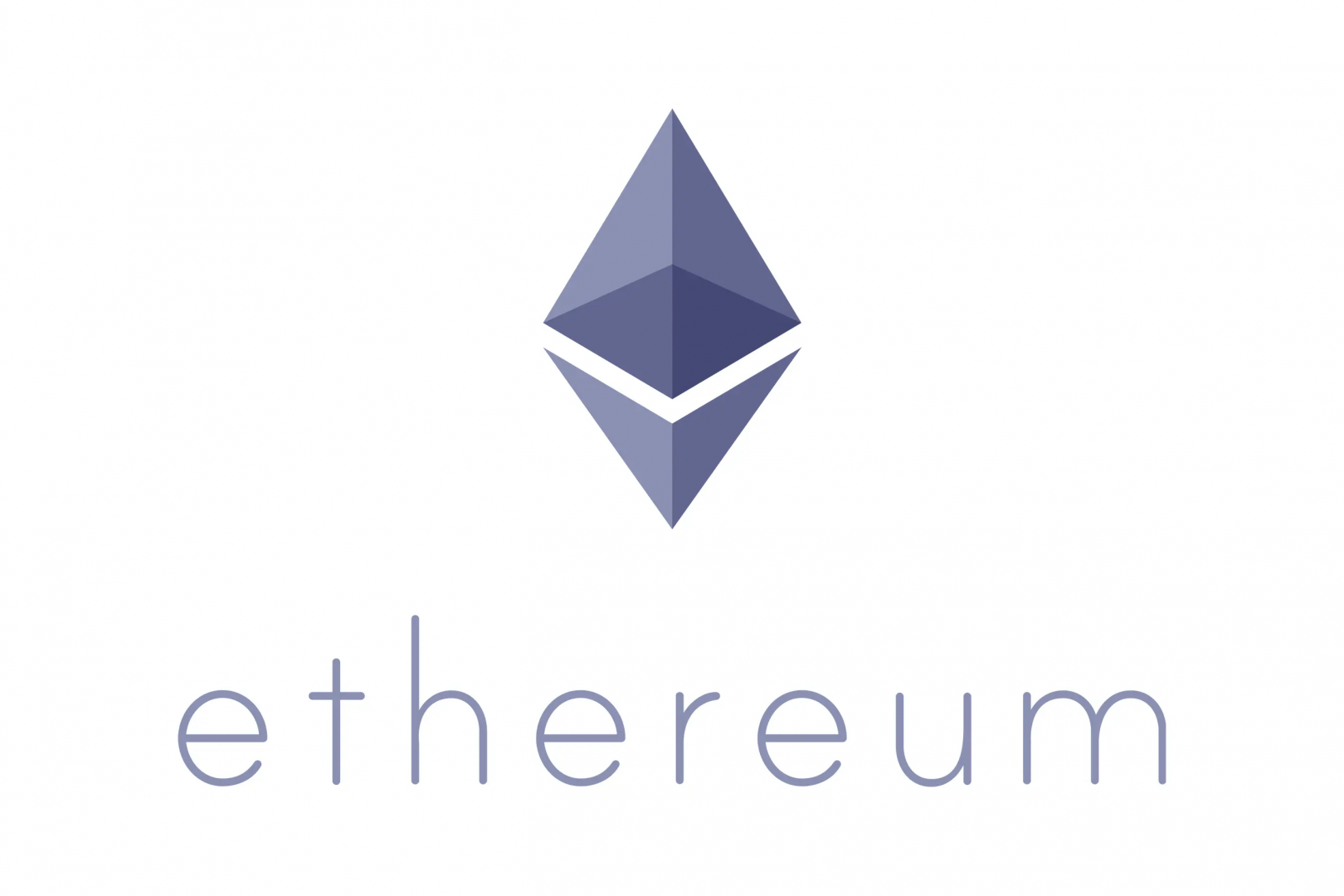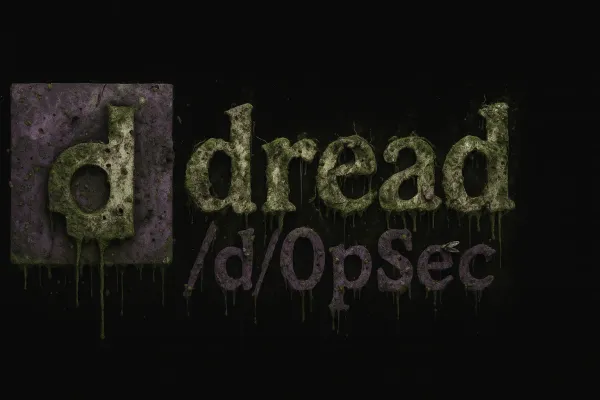If Countries Were Cryptocurrencies

Digital currencies are becoming as influential as traditional economies, it’s fascinating to imagine if a cryptocurrency represented each country. Just as cryptocurrencies vary in attributes and purposes, so do countries in their cultural, economic, and technological landscapes. Here’s a speculative and engaging look at which cryptocurrencies might best represent some key nations around the globe.
United States – Bitcoin

The United States, a country that often sets the tone for global economic trends, mirrors Bitcoin, the original cryptocurrency and the leader in market dominance. Just as the U.S. significantly impacts international policies and economies, Bitcoin has been pivotal in shaping the cryptocurrency landscape and continues to be the benchmark for all digital currencies.
China – Ethereum

Ethereum, known for its flexibility and its role in enabling decentralized applications, is akin to China—a nation at the forefront of technological innovation and manufacturing prowess. Ethereum’s smart contract capability reflects China’s push for technological integration into everyday business and governance.

Japan – Ripple (XRP)
Japan’s emphasis on efficiency and advancement in financial technology finds its counterpart in Ripple. With Ripple’s solution for fast and cost-effective cross-border transactions, it’s a perfect match for Japan’s robust economy and its leadership in global finance.
Switzerland – Monero
Switzerland, globally recognized for its strong privacy laws and financial security, correlates well with Monero. Monero is a cryptocurrency that prioritizes anonymity and security, echoing Switzerland’s dedication to maintaining confidentiality in financial matters.

Germany – Cardano
Cardano, distinguished by its methodical, research-based approach to blockchain development, parallels Germany’s reputation for engineering excellence and precision. Both are leaders in their respective fields, emphasizing quality and reliability.

Russia – Dash
With its vast landscapes and complex socio-economic environment, Russia aligns with Dash. Dash offers enhanced privacy and usability, which resonates with Russia’s intricate balance of global power dynamics and internal economic strategies.
India – Polygon (MATIC)
India’s rapid technological growth and its challenge to scale sustainably are mirrored in Polygon. Polygon is known for enhancing Ethereum scalability and represents India’s ambitions to become a central hub in the global tech ecosystem.
Brazil – Chainlink
Brazil, a key player in the global environmental ecosystem, aligns with Chainlink’s ability to connect real-world data to smart contracts. This connection is vital, like Brazil’s role in linking its vast natural resources with global environmental goals.

Australia – Litecoin
Australia, known for its stable economy and high standard of living, pairs well with Litecoin. Litecoin offers reliability and a less volatile experience in the often tumultuous crypto market, reflecting Australia’s steady and balanced approach to life and economics.
Saudi Arabia – Binance Coin (BNB)
As a powerhouse in the global oil market, Saudi Arabia is akin to Binance Coin, which plays a critical role in the Binance exchange ecosystem. Both are central to their fields, facilitating significant transactions and investments.

Canada – Ethereum Classic
Canada’s commitment to preserving its heritage and natural beauty while embracing technological advancement is reflected in Ethereum Classic. This cryptocurrency focuses on immutability and principles, similar to Canada’s dedication to its values and ethics.
United Kingdom – Stellar (XLM)
The United Kingdom, with its long-standing position as a financial hub, especially in the banking and finance sectors, could be likened to Stellar. Stellar focuses on facilitating cross-border payments, making financial transactions more accessible and efficient, mirroring the UK’s influence in global finance.
South Korea – Cosmos (ATOM)
South Korea, renowned for its technological innovation and forward-thinking in digital communications and electronics, aligns with Cosmos. Cosmos aims to solve some of the hardest problems facing the blockchain industry today, such as scalability and interoperability, much like South Korea’s role in pushing the boundaries of technology.

Italy – VeChain (VET)
Italy, with its rich history in luxury goods, fashion, and craftsmanship, correlates with VeChain. VeChain enhances the traceability and verification of luxury products, ensuring authenticity and quality—principles highly valued in Italian manufacturing.
France – Tezos (XTZ)
France, known for its art, culture, and philosophy contributions, might find its match in Tezos. Tezos supports smart contracts and decentralized applications but is particularly noted for its on-chain governance, reflecting France’s emphasis on democratic values and cultural refinement.

Mexico – Decentraland (MANA)
Mexico, with its vibrant culture, rich history, and growing digital engagement, aligns with Decentraland. Decentraland is a virtual reality platform powered by the Ethereum blockchain that allows users to create, experience, and monetize content and applications in a virtual world, reflecting Mexico’s dynamic and creative spirit.
Nigeria – Stellar (XLM)
Nigeria, an emerging market with a booming entrepreneurial sector and a significant remittance market, aligns well with Stellar’s mission to create an open financial system that connects people everywhere. Digital finance and cross-border transactions increasingly drive Nigeria’s economy, making Stellar a suitable metaphor.

Singapore – Solana (SOL)
Singapore, a global fintech leader known for its highly efficient and robust financial ecosystem, aligns with Solana. Solana offers one of the fastest transaction speeds among cryptocurrencies, reflecting Singapore’s emphasis on efficiency and innovation in its financial services.
Spain – Aave (AAVE)

Spain, with its rich historical legacy in arts and a growing influence in renewable energy, aligns with Aave. This decentralized finance protocol enables the lending and borrowing of cryptocurrencies. Spain’s focus on innovation in sustainable energy and its robust cultural heritage can be seen as a foundation for new financial technologies and social funding mechanisms.
Netherlands – IOTA (MIOTA)
The Netherlands, known for its advanced infrastructure, environmental sustainability, and high-tech logistics, matches IOTA well. IOTA’s technology is built for the Internet of Things, emphasizing efficiency and scalability, much like the Netherlands’ focus on efficient systems and sustainable urban planning.
Argentina – MakerDAO (DAI)

Argentina, with its volatile economy and frequent currency fluctuations, might find a counterpart in MakerDAO, a decentralized stablecoin project that aims to minimize price volatility. MakerDAO’s DAI is pegged against the USD and could represent stability aspirations in an otherwise turbulent financial environment.
Sweden – Ethereum 2.0 (ETH2)
Sweden, a leader in environmental conservation and technological innovation, particularly in clean energy, aligns with Ethereum 2.0, which promises more significant energy efficiency with its shift to proof-of-stake. This mirrors Sweden’s commitment to sustainability and cutting-edge technology.

Turkey – SushiSwap (SUSHI)
Turkey, bridging the East and the West and a growing power in regional trade and tourism, correlates with SushiSwap, a decentralized exchange that facilitates the swapping of various tokens, promoting fluid and dynamic trade and interaction—attributes that resonate with Turkey’s geographical and economic position.
United Arab Emirates (UAE) – Crypto.com Coin (CRO)
The UAE, known for its luxurious tourism, robust real estate market, and strategic global business hubs, aligns with Crypto.com Coin, which aims to accelerate the world’s transition to cryptocurrency. The UAE’s ambitious projects in creating futuristic cities and attracting global businesses reflect the expansive and integrative nature of Crypto.com.
South Africa – Dash (DASH)
With its significant role in the African continent and its rich mineral resources, Dash could represent South Africa. Known for its practical use in transactions and emphasis on privacy, Dash aligns with South Africa’s blend of rich resources and its focus on developing a more inclusive financial system.

Israel – Quantum (QTUM)
Israel, a significant player in technology and cybersecurity, is similar to Quantum, which blends Bitcoin’s reliability with Ethereum’s smart contract functionality and operates in the quantum computing space. Israel’s leading role in technological innovations, especially in cybersecurity, makes this a fitting comparison.
Chile – Decred (DCR)
Chile, with its stable democratic governance and strong mining sector, aligns with Decred, which emphasizes governance by the community and robust monetary policy. Decred’s innovative approach to community input in governance decisions mirrors Chile’s long history of stable democratic processes.



